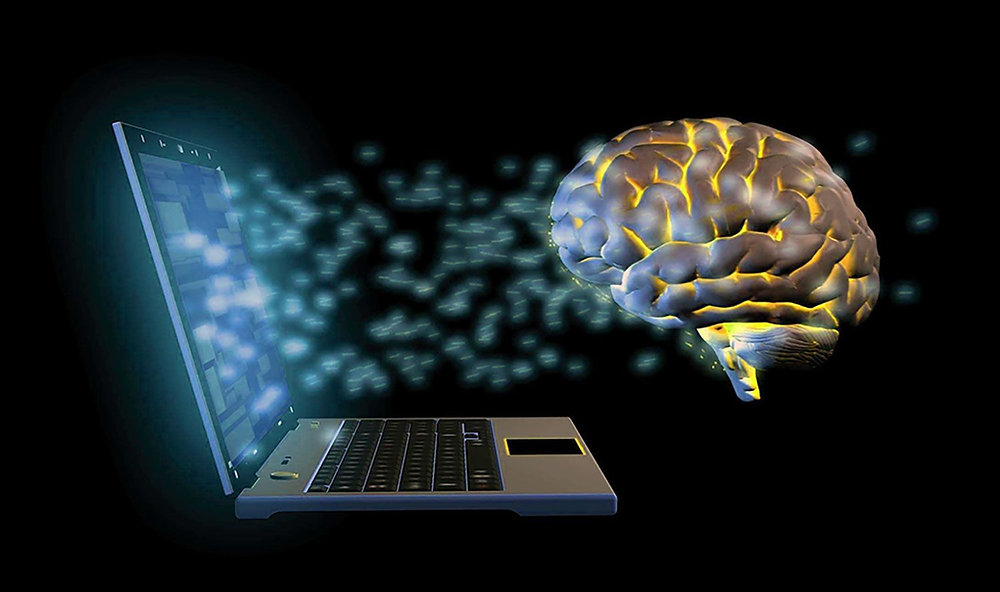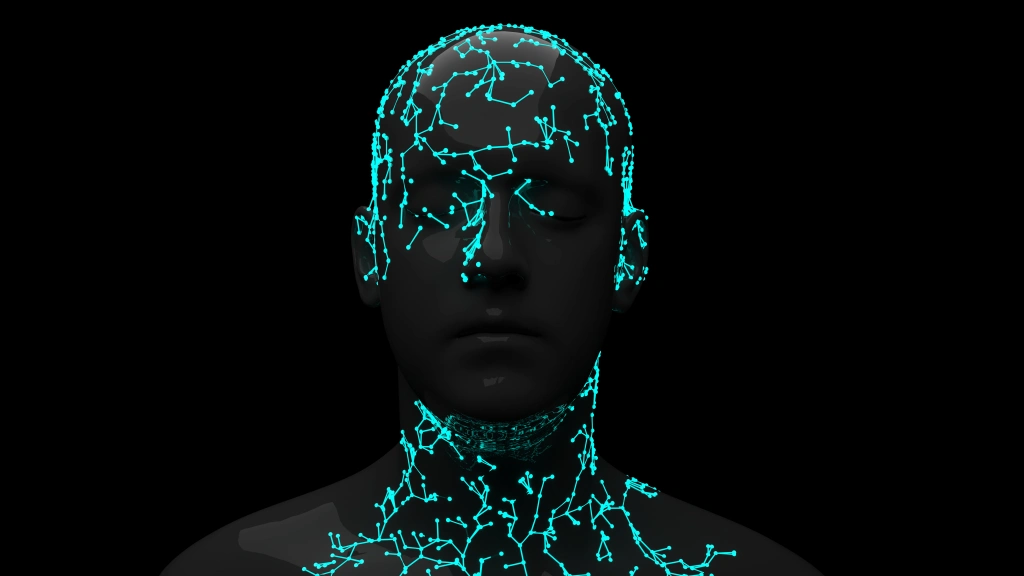The Future of Computing, Biology, AI Computers and Human Brain Cells
Dr. Brett Kagan and his team recently developed a new kind of computer, in which human cells in lab environment learned to play table tennis.
In their recent publication they explained, how biological computers could beat current electronic computers with a small amount of electricity comparing to modern day computers and servers.
Organoid intelligence is a new field that develops biocomputers where lab-produced brain organoids are used as “biological ironware”. Smirnova et all noted that multidisciplinary strategy is needed to follow this vision: next-generation organoid and brain-computer technologies as well as AI, big data infrastructure.
Scientists start with small clusters of 50,000 brain cells, obtained from stem cells, also known as organoids. This equals a third the size of fruit fly brain.The next target is 10 mill neurons, which is roughly about the size of a tortoise brain. The human brain has over 80 bill neurons.
The article showcases the ways the human brain outperforms machines for a particular task. Humans learn to distinguish two types of objects ( a dog and a cat) using a couple of samples, while AI needs a few thousands. AI was trained to beat the Go world champion in 2016 using data from over 160,000 games, that is playing five hours each day for over 175 years.
Human brain has been taught to store more than a million times the capacity of a regular computer, using just a few watts of power.
The authors outline the lay out for “organoid intelligence” (OI), in which brain organoids are grown in cell-structure. Even though brain organoids are no “mini brains”, they have key aspects of brain function and structure. There’s vast need in organic dramatic expansion from today’s 50,000 cells to around 10 mill, according to Prof Thomas Hartung.
Brett and his team at Cortical Labs already have showcased that biocomputers based on human brain are possible (how the brain cells learned to play the video game Pong).
The technology could also lead to better study of personalized brain organoids, taken from skin or blood samples of people suffering from neural disorders and testing, how genes, pharma influence these conditions.
AI Catalog's chief editor










